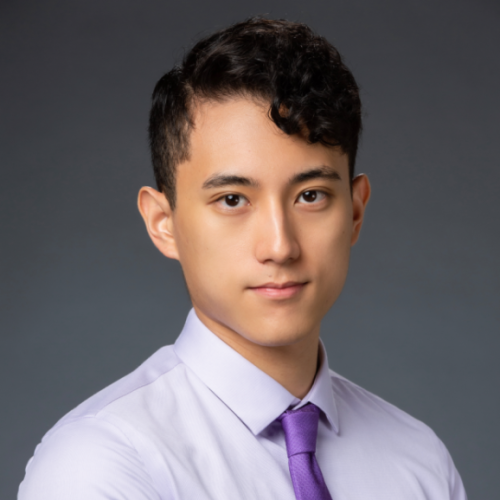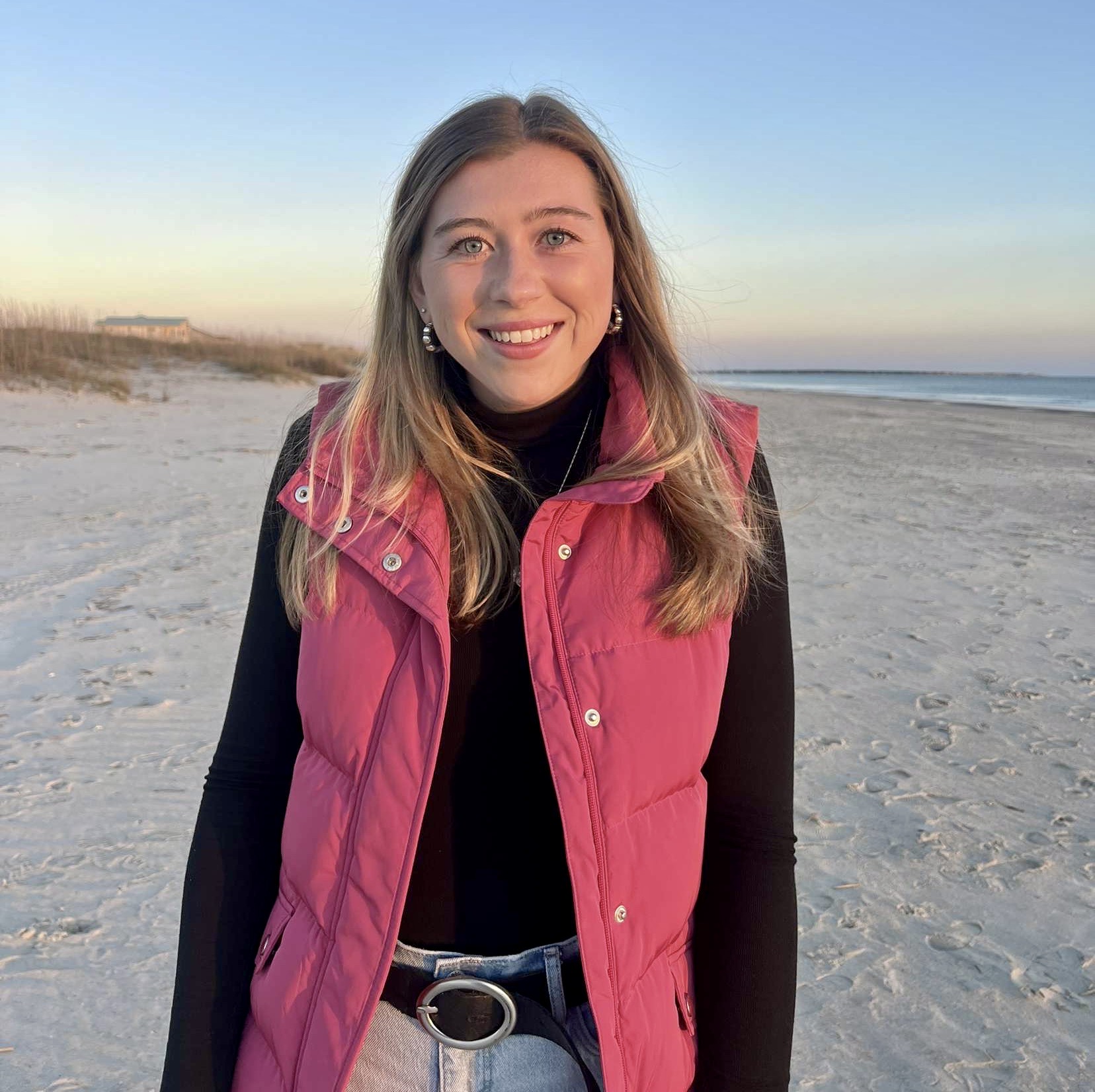Principal Investigator:
John Pearson
John earned his bachelor's degree in physics and math from the
University of Kentucky and his PhD in physics from Princeton. He became a
neuroscientist at Duke, where he did his postdoctoral training with Michael
Platt, working on the neurobiology of reward and decision-making. From 2015 to
2018, he was an Assistant Research Professor in the Duke Institute for Brain
Sciences. In 2018, he moved back to the School of Medicine as an Assistant
Professor in the Department of Biostatistics & Bioinformatics, and in 2022, he moved to the
Department of Neurobiology, where he was promoted to Associate Professor in 2025. In addition, he maintains secondary
appointments in the departments of Biostatics & Bioinformatics, Psychology & Neuroscience, and Electrical
and Computer Engineering. (cv)
Graduate Students:
Trevor Alston
Trevor is a sixth-year Neurobiology graduate student at Duke University.
He holds two Biomedical Engineering Degrees; he received his BS degree from Rutgers University and his MS degree from Northwestern University.
His research interest is in Neuroengineering and brain-related technologies. Outside of the lab he likes hanging out with friends, playing games, and watching TV.
Miles Martinez
Electrical and Computer Engineering PhD Candidate
Miles is a fifth-year graduate student in Electrical and Computer Engineering.
He entered Duke through the CNAP program. He currently develops and applies computational methods to
understand the neural bases of natural learning. When not doing
research, he loves getting outside and hiking or rock climbing - unless it's
too cold, in which case you can find him indoors cooking or playing games.
Ziyi Gong
Neurobiology Graduate Student
Ziyi is a fourth-year PhD candidate in Neurobiology. He received his B.S. in Computer Science with minors in Mathematics and Neuroscience from the University of Pittsburgh. He is interested in building mathematical models to summarize, explain, and predict phenomena observed in brains. Currently, he is developing models to explain how songbirds learn to sing. He previously worked with Dr. Nicolas Brunel on the roles of inhibition and inhibitory plasticity in the learning and memory of sequences. Outside of the lab he loves cooking and exercising, and occasionally plays the xiao (Chinese flute).
David St-Amand
Neurobiology Graduate Student
David is a third-year graduate student in Neurobiology. He graduated from McGill University, where he received his BS in Psychology and his MS in Neuroscience. His research investigates how efficient coding models can help us understand how information is computed in the retina. Outside the lab, he likes to work out and play games.
Shiyang Pan
Electrical and Computer Engineering PhD Student
Shiyang is a graduate student in Electrical & Computer Engineering at Duke.
She received her Bsc in Applied Mathematics from University of Liverpool and Xi'an Jiaotong-Liverpool University.
Her research focuses on developing computational models and real-time methods to understand the activity of large-scale neural populations.
When not doing research she enjoys music, reading, and creative writing.
Caitlin Lewis
Electrical & Computer Engineering PhD Student
Caitlin is a second-year graduate student in Electrical & Computer Engineering at Duke. She received her B.S. in Computer Science and Statistics from the University of North Carolina at Chapel Hill.
Her research focuses on developing computational models and open-source software tools for real-time analysis and visualization of large-scale neural data.
Outside of the lab, she enjoys reading and playing pickleball with friends.
Undergraduate Students:
Former members
Postdocs:
- Jeff MacInnes (2017; joint with Elizabeth Johnson) → University of Washington (postdoc)
- Chintan Oza (2015-2016; joint with Warren Grill) → Consulting (L.E.K.)
- Anne Draelos (2018-2022) → Assistant Professor, University of Michigan
- Scott Smyre (2023-2024) → Research Scientist, Wake Forest University
- Seth Madlon-Kay (2019-2025)
Graduate Students:
- Kelsey McDonald (2016-2021) → Data Scientist, Labcorp Drug Development
- Robert Gramer (2016-2017; 3rd year medical student) → Neurosurgical Resident, Massachusetts General Hospital
- Achint Kumar (2021-2022)
- Na Young Jun (2017-2022) → Meta Reality Labs
- Pranjal Gupta (2018-2024) → data scientist
- Kevin O'Neill (2018-2024) → postdoc, University College London
- Raphael Geddert (2019-2024) → data scientist, Gilead Sciences
- Daniela de Albuquerque (2020-2025) → MS4, Duke University
- Liz O'Gorman (2022-2025)
Research Associates:
- Lun (Sam) Yin (2017-2020) → Emory Biostatistics (PhD program)
- Jack Goffinet (2018-2020) → Duke Computer Science (PhD program)
- Qian Kuang (2017-2018)
- Shariq Iqbal (2015-2017) → USC Computer Science (PhD) → Deepmind
- Xin (Cindy) Chen (2016-2017) → Data Engineer (Citadel)
- Abhishek Upadhyaya Ghimire (2016-2017) → Cloud Security Engineer (Cisco)
- Athelia Rosa Paulli (2016-2017) → UCLA → Children's National Hospital
Undergraduates:
- Christopher Zhou (2022-2025)
- Sara Liszeski (2021-2023) → Columbia Medical School
- Dominic Tanzillo (2020-2021) → Duke Medical School
- Daniel Sprague (2020-2021) → Harvard Neurobiology
- Chaichontat Sriworarat (Richard) (2019-2021) → Janelia Joint Graduate Program
- Sujal Manojar (2020) → Hart Leadership Fellow → Baylor College of Medicine
- Raymond Chen (2019, Huang Fellow)
- Thomas Li (2018) → Vanderbilt Medical School
- Andrew Bartuska (2015-2016; Senior Thesis) → Harvard Medical School





